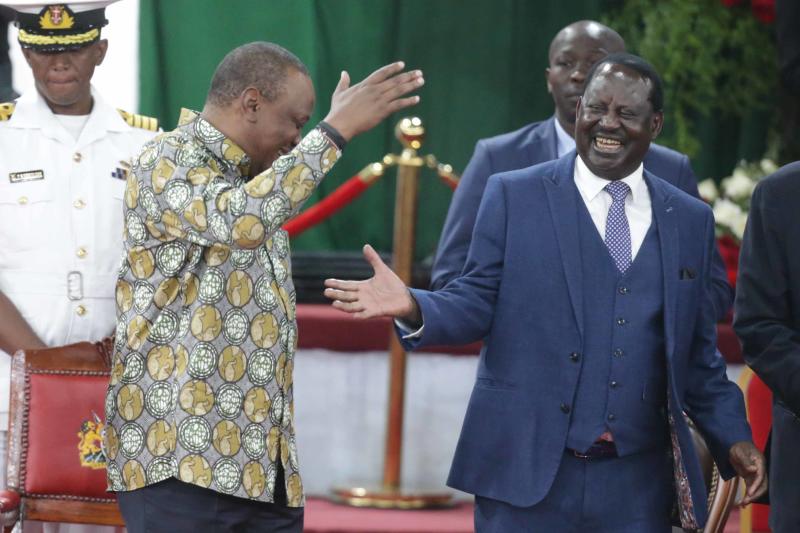×
The Standard e-Paper
Smart Minds Choose Us

The death of former President Daniel arap Moi, a towering political figure, could significantly alter Kenya’s political landscape in the coming days.
Bereft of their political sounding board, the group of star students he taught will now have to make their own moves, and absorb on their own any shock effects.